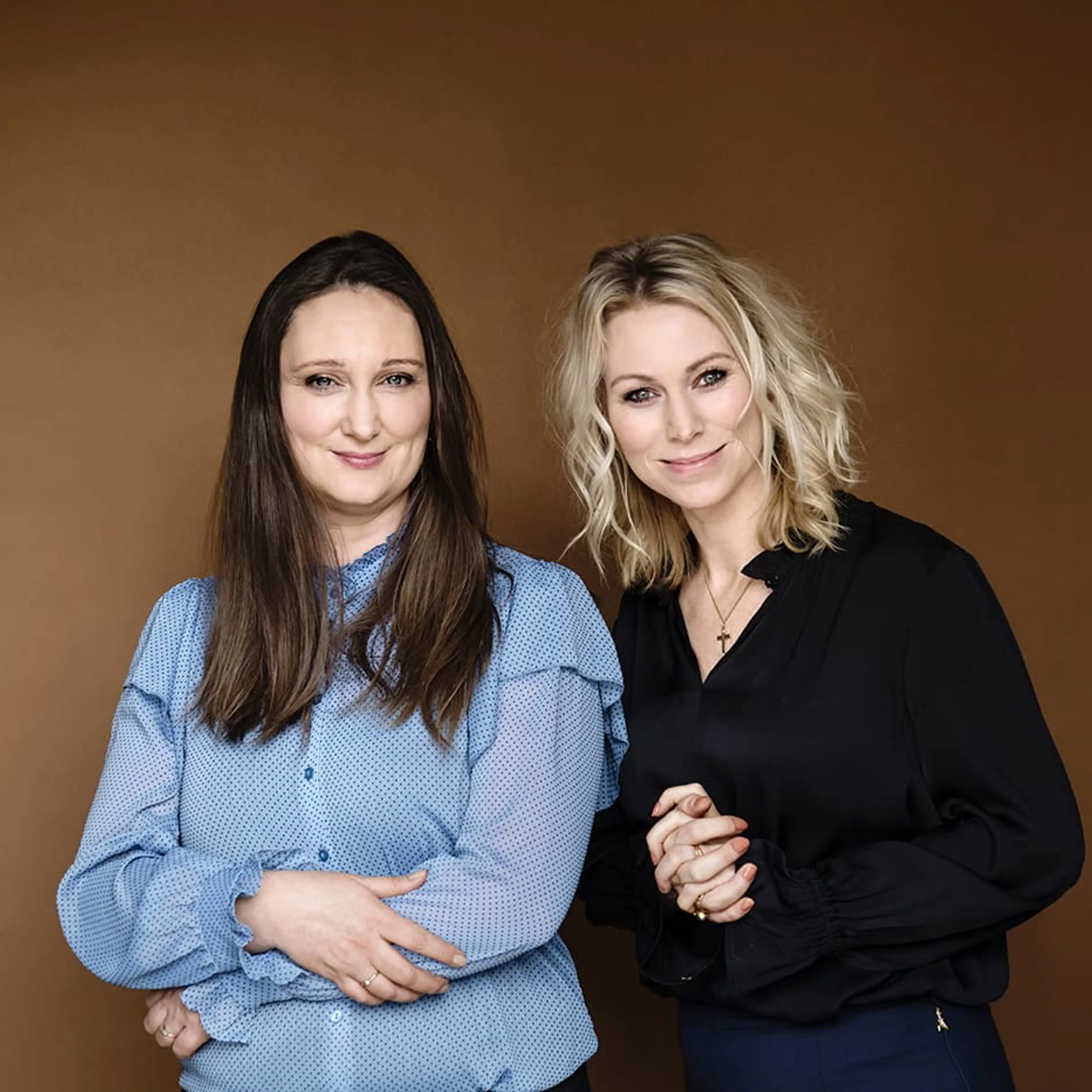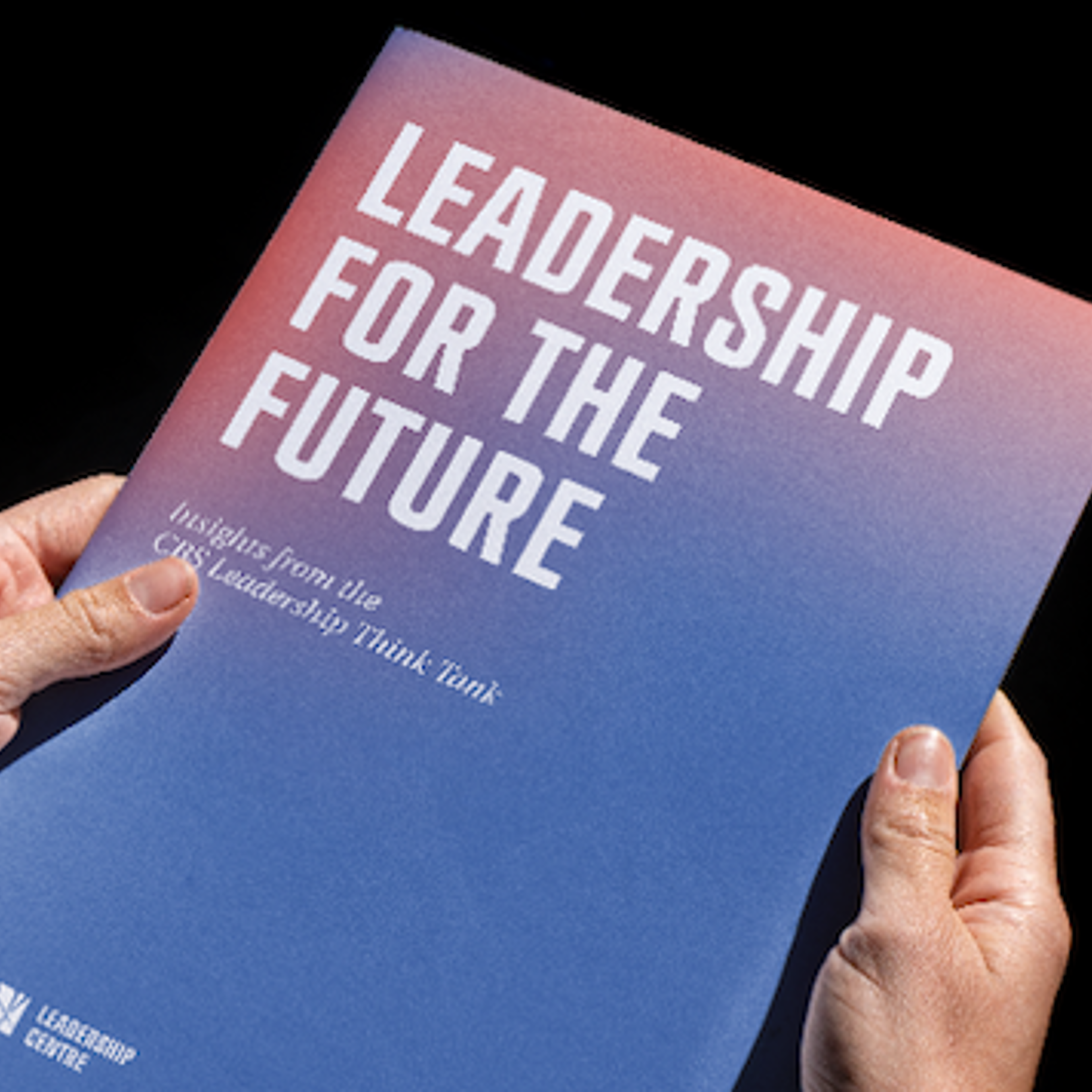"This is not just about protection, but about aggressively pushing forward, overcoming obstacles, and winning – supposedly on behalf of all of us," she says.
"Populist leaders, both in politics and business, present themselves in this way so that we project onto them all our hopes and fantasies about a saviour."
However, the problem is that this type of leadership can be deeply misleading.
"We turn to the people who present us with simple solutions. We turn to the people who are driven by ego. We turn to them because they have answers, but they do not necessarily have the right answers," Laura Empson warns.
She also points out a major flaw in the heroic leadership model:
"It infantilises us. It makes us dependent. It encourages us to think, ‘I don’t have to take responsibility because this great leader will fix everything.’ And that is never healthy."
An alternative: collective leadershipIf heroic leadership is problematic, what should we turn to instead?
Laura Empson argues that collective leadership – a model where leadership is shared across a group rather than concentrated in one person – can be far more effective, particularly for complex challenges.
While strong and decisive leadership may be necessary in a short-terms crisis, collective leadership can be more effective when trying to address complex challenges or so-called “wicked” problems, involving multiple stakeholders with diverse interests.
"Collective leadership isn’t about a single person driving change," she explains. "It’s about leadership as a process—something that happens between people, rather than something one person does."
In organisations with complex structures or high levels of expertise among an extended group of peers, this model often arises naturally."You often see it in professional organisations where many people are at the same level, all with their own autonomy. No single leader has absolute authority, so leadership is about negotiation, influence, and collective decision-making."
This approach, Laura Empson explains, is not just about fairness – it’s about resilience.




